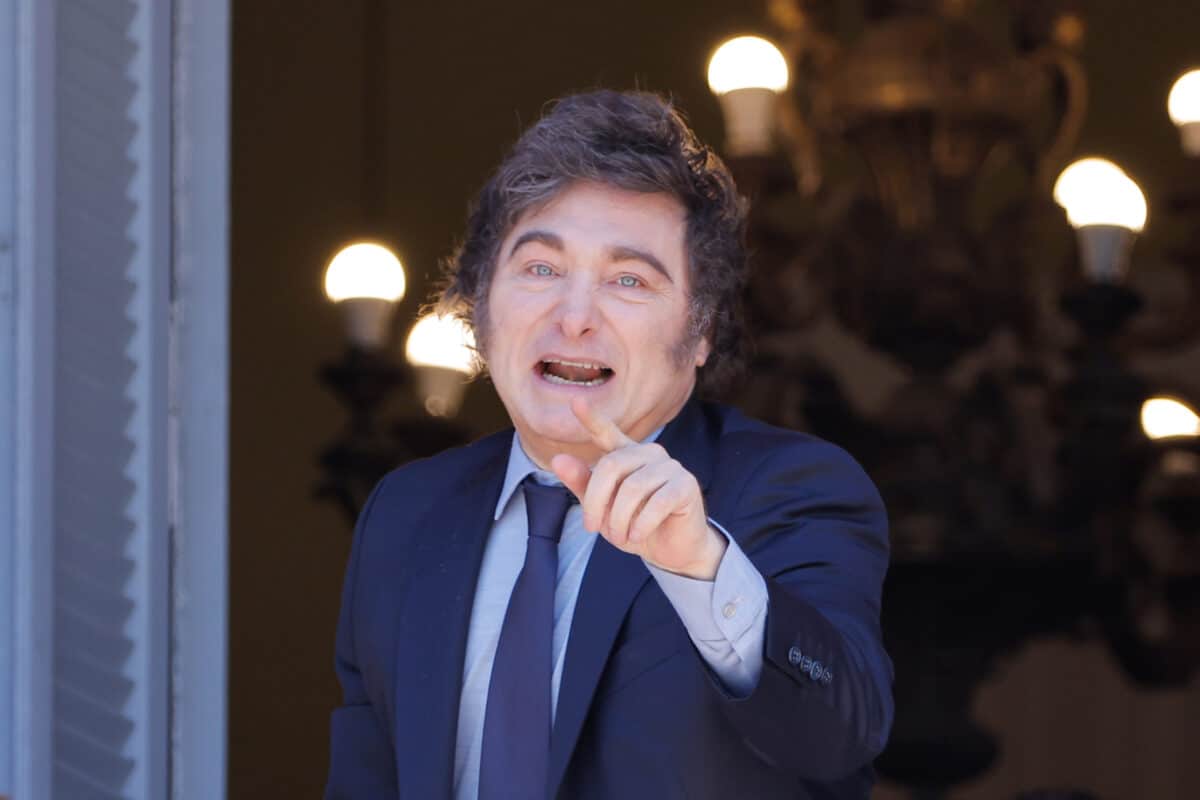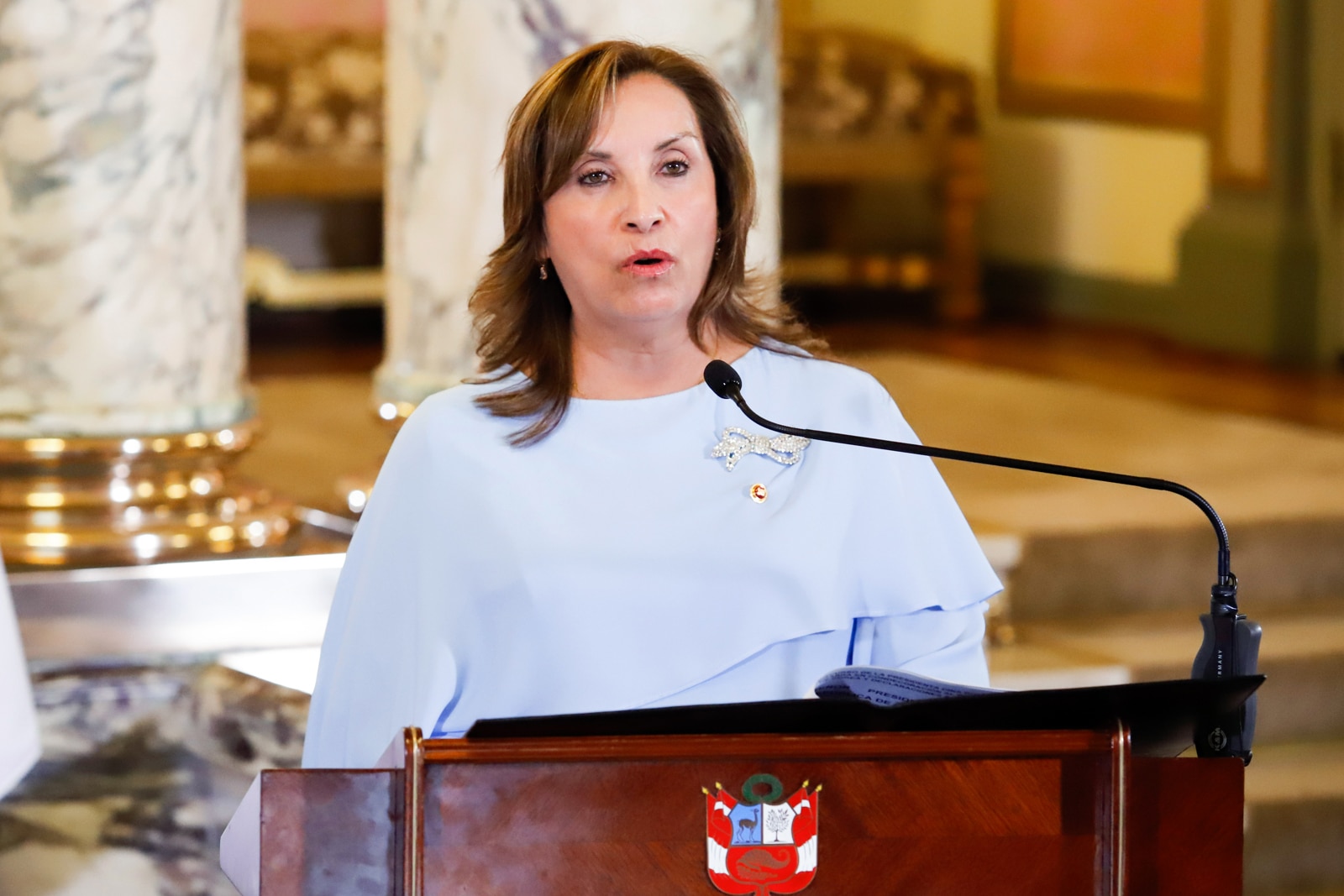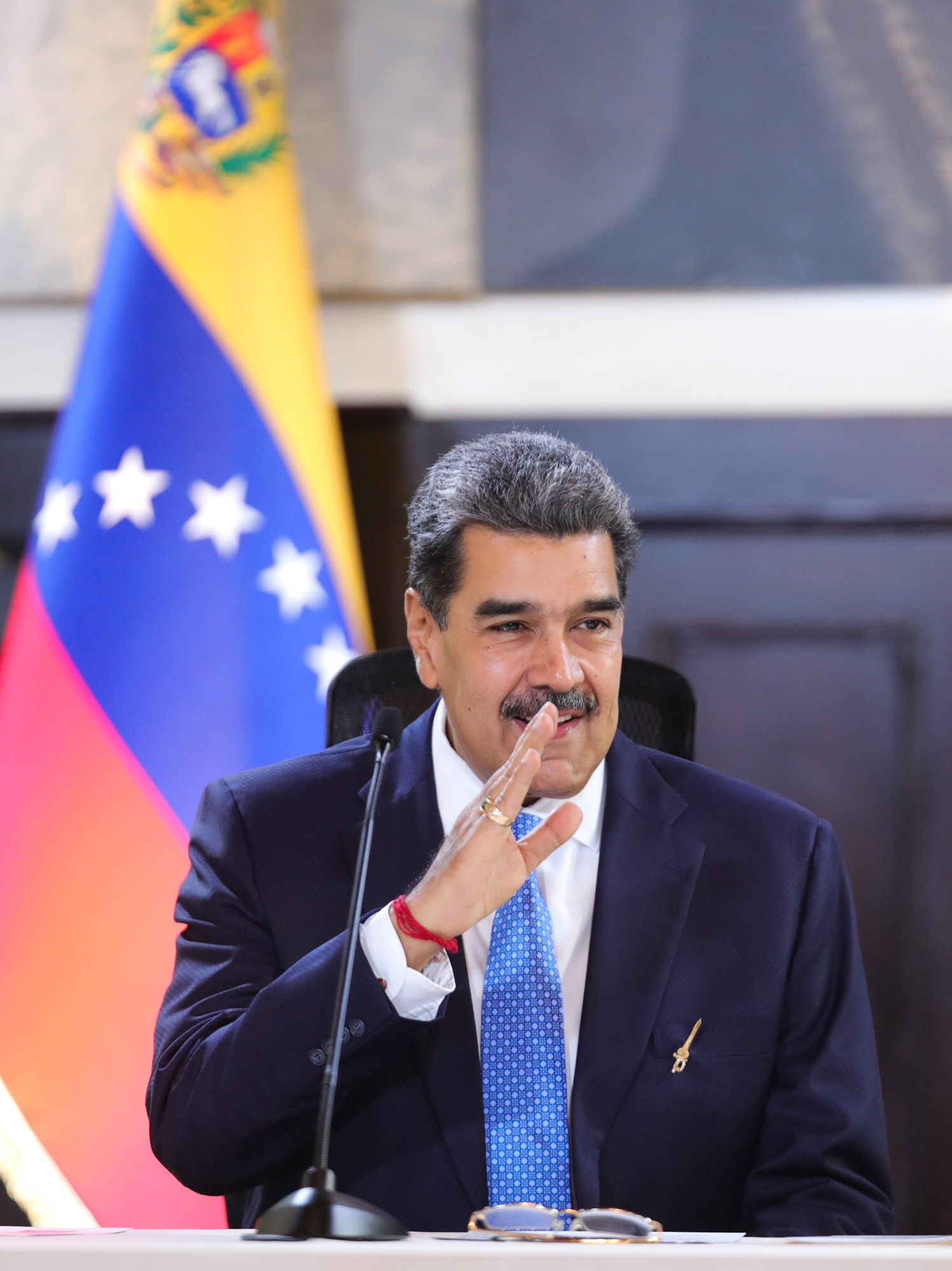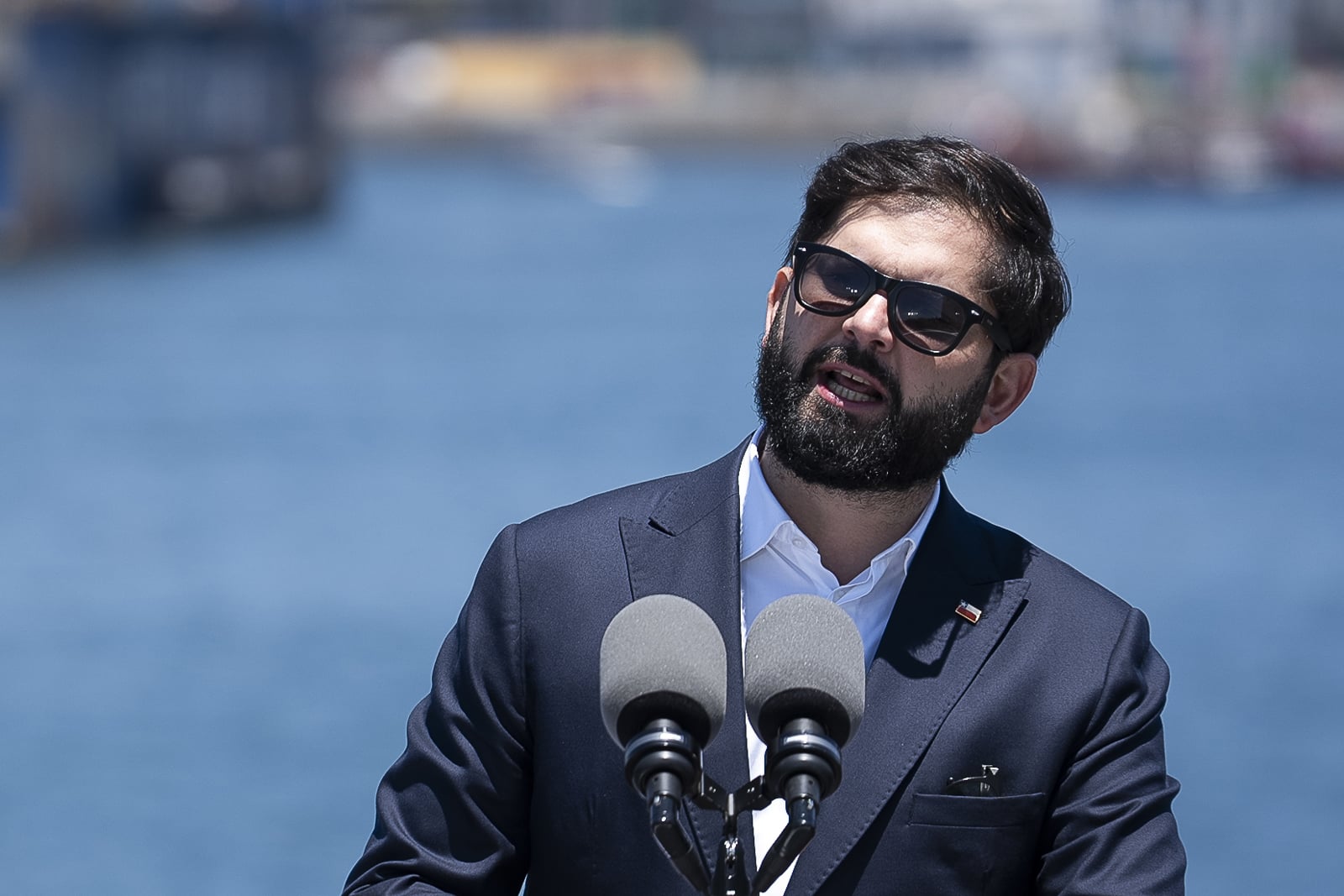- Luis Lacalle Pou, president of Uruguay, leads the approval list with a 51.5% positive image. In contrast, Dina Boluarte from Peru is the worst evaluated, with 73.3% disapproval, followed by Nicolás Maduro, who has a 69.6% negative rating.
The president of Uruguay, Luis Lacalle Pou, who ends his term in March 2025, is the South American ruler most valued by citizens, according to the latest ranking by CB Consultora, a company specialized in the study of the social climate and the projection of scenarios. elections, in which the president of Peru, Dina Boluarte, is in last place.
Lacalle’s positive image stands at 51.5% this November compared to 52% in September, while the disapproval index is 45.8%, according to the survey carried out between November 15 and 24. 12,151 people (an average of between 1,019 and 1,617 citizens per country), with a confidence level of 95% and a margin of error of +/- 2%.
Lacalle Pou, of the National Party (center-right) will hand over power on March 1, 2025 to Yamandú Orsi, of the Frente Amplio (center-left and to which former president José Mujica belongs), who won the presidential elections last year. Sunday, November 24.

Second place is occupied by the president of Argentina, Javier Milei, with a favorability margin of 50.2% in November (47.7% in September), while the negative indicator remained at 46.7%.
The leader of La Libertad Avanza (far-right) assumed the Presidency of Argentina on December 10 and since then has applied a severe adjustment plan among other controversial measures.
The Brazilian president, Luiz Inácio Lula da Silva, climbed to third place with a favorable image of 48.6%, which in September was 49.4%, while the negative image stood at 47.6%.
The worst rated
At the other end of the table, the president of Peru, Dina Boluarte, occupies last place with a 73.3% negative image compared to a 21.3% positive assessment. In September approval was 23.6%.

Boluarte recently faced a preliminary investigation for alleged acts of corruption and the decision of the Public Ministry is pending whether he finally denounces the president or closes the case for the alleged personal cover-up of Nicanor Boluarte, one of his brothers and whom Justice ruled on Tuesday, the 36th. months of preventive detention for influence peddling.
In the penultimate place is the president of Venezuela, Nicolás Maduro, with a negative index of 69.6% and 27.8% favorability (29.1% in September).

After the presidential elections on July 28, the National Electoral Council (CNE) proclaimed Maduro’s victory without yet publishing the detailed results, which is why a large part of the international community questions this victory, while the largest opposition coalition, the Democratic Unitary Platform (PUD) points out that Edmundo González Urrutia is the winner.
Before Maduro, there is the Bolivian Luis Arce with a negative image of 60% and a positive image of 36.8% (41.3% in September).
The president of Bolivia has faced several protests in recent months due to the economic crisis that the country is going through, in addition to the struggle within the ruling party that has him facing former president Evo Morales.
in descent
In seventh place is the president of Chile, Gabriel Boric, with a favorability of 39.4% and a disapproval of 59.1%, while in September the positive image was 37.5%.
Boric faces a complaint for alleged sexual harassment and dissemination of private images, events that apparently occurred ten years ago.

The president of Paraguay, Santiago Peña, dropped to fourth place with 44.7% favorability in November (46% in September) and 51.5% rejection.
The president of Ecuador, Daniel Noboa, who in the middle of the year topped the list of the best-rated rulers, fell to fifth place with an acceptance of 42.6% (45.2% in September) and a negative image of 55.5%. %.
With a slight rise, the ruler of Colombia, Gustavo Petro, is in sixth place, with a positive image of 41.2% and a negative image of 57.6%. In September support was 39.5%.
With information from EFE
Related news
#worst #rated #presidents #South #America
How do public perceptions of presidential performance, as measured by approval ratings, influence the Public Ministry’s decisions to pursue cases against South American presidents?
The provided text discusses the approval ratings of various South American presidents, but it does not mention any information about the Public Ministry or a case involving accusations against a president.
